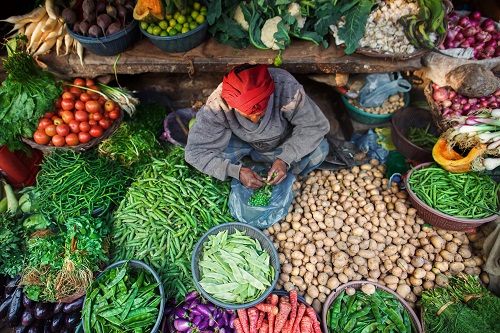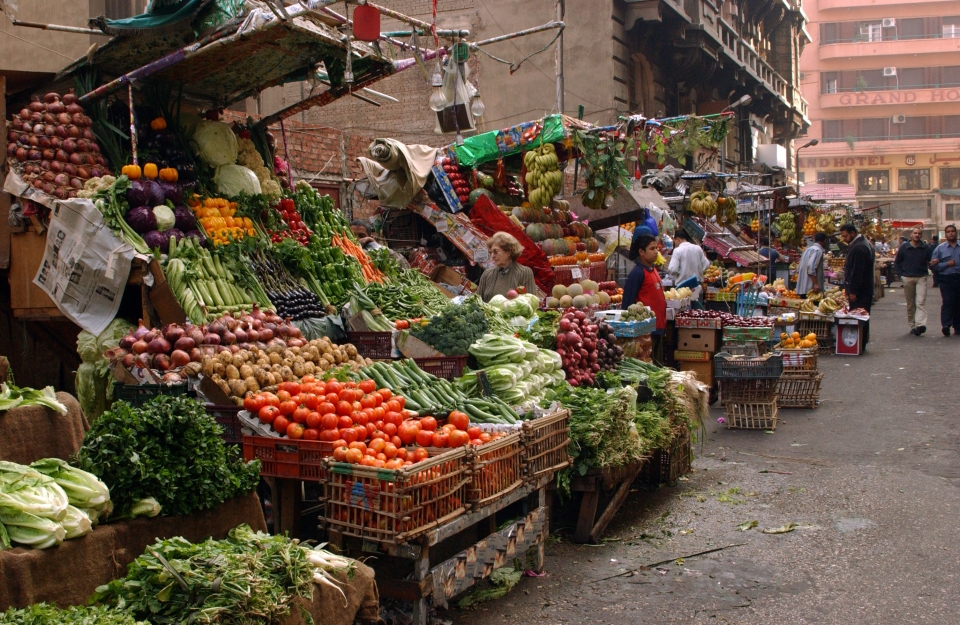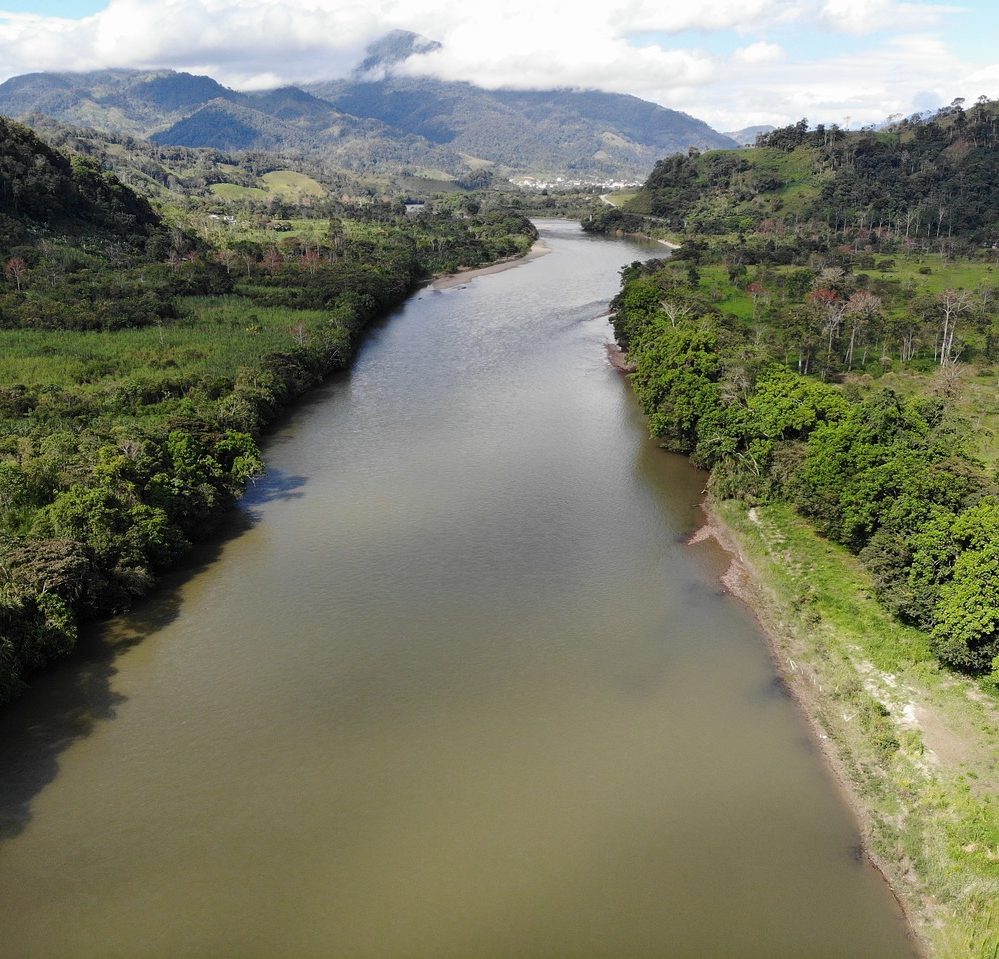According to the IPCC, current food systems account for one third of global GHG emissions. This daunting figure exemplifies just how central food systems will be if we are to succeed in meeting the challenge of the climate crisis.
Given the fact that 70 percent of all food is consumed in urban areas, cities have a unique opportunity to spark transformation at the intersection of food systems and climate action. However, while cities and regions are already leading the way in pioneering integrated food strategies to build sustainable food systems, there are limited opportunities for the local actors to showcase the importance of food systems at international climate negotiations.
Given this backdrop, the Glasgow Food and Climate Declaration aims to mobilize local and regional governments to tackle climate change through integrated food systems planning. This initiative is driven by Nourish Scotland and the International Panel of Experts on Sustainable Food Systems (IPES-Food), and supported by network partners – such as ICLEI – that are bringing the perspectives of local governments to the table. The Declaration will be launched and officially start accepting signatories on 14 December 2020 – a year ahead of the 26th UN Climate Change Conference of the Parties to be held in Glasgow in 2021.
The Declaration unites all levels of subnational government and calls on national governments to “put food and farming at the heart of the global response to the climate emergency”.
Three of the primary commitments and calls to action within the Declaration are
- to develop and implement integrated food policies and strategies as key tools in the fight against climate change,
- reduce greenhouse gas (GHG) emissions from urban and regional food systems in accordance with the Paris Agreement, and
- call on national governments to establish supportive and enabling policy frameworks and multi-level and multi-actor governance mechanisms on food systems.
The Declaration also calls for the drafting of inclusive national food policies to be included into the revisions of the Nationally Determined Contributions.
Global food systems – so central tackling climate change – also exemplify how our livelihoods, our health, and the health of the planet are so intricately interconnected. According to the partners behind the Glasgow Food and Climate Declaration, a food systems approach “considers the range of actors and interactions involved in producing, manufacturing, supplying, consuming and disposing of food, while recognizing their profound interconnections with public health and the underlying socio-cultural, economic, biophysical, and institutional factors that shape” these systems.
By employing a holistic, integrated approach to building sustainable food systems, we can cut emissions while building resilient, healthy communities, but only if all actors and levels of government are committed to working together. The Glasgow Food and Climate Declaration is a call to action for all levels of government to do just that.
The Declaration is the result of collaborative partnership between subnational government networks, UN agencies and non-governmental organizations working with food systems and climate change. Together, partner organizations have worked closely with subnational, city and region governments to draft the Declaration.
Join the launch event to learn more.






